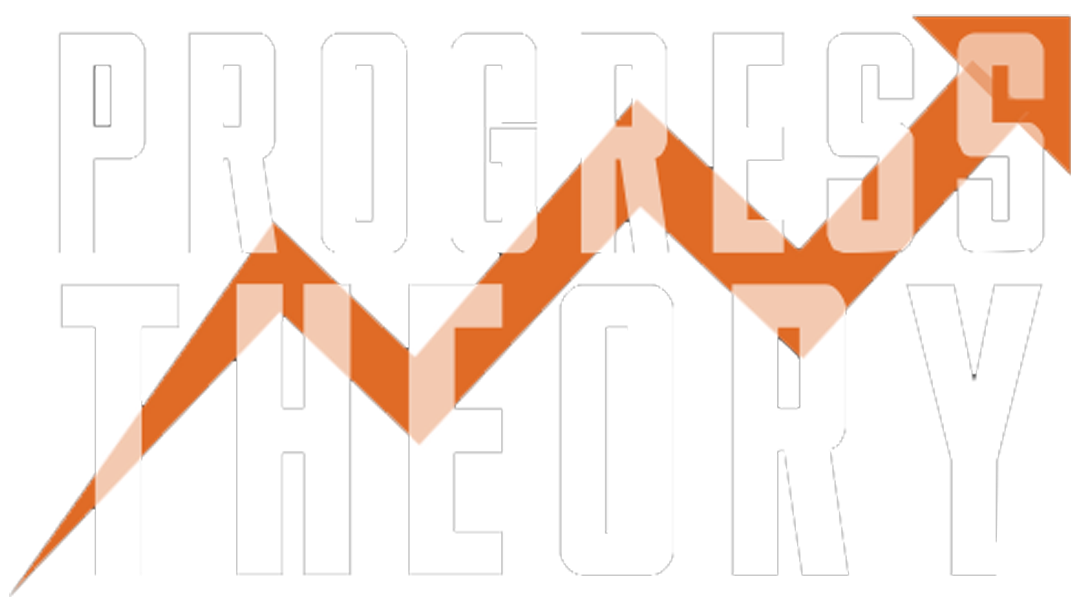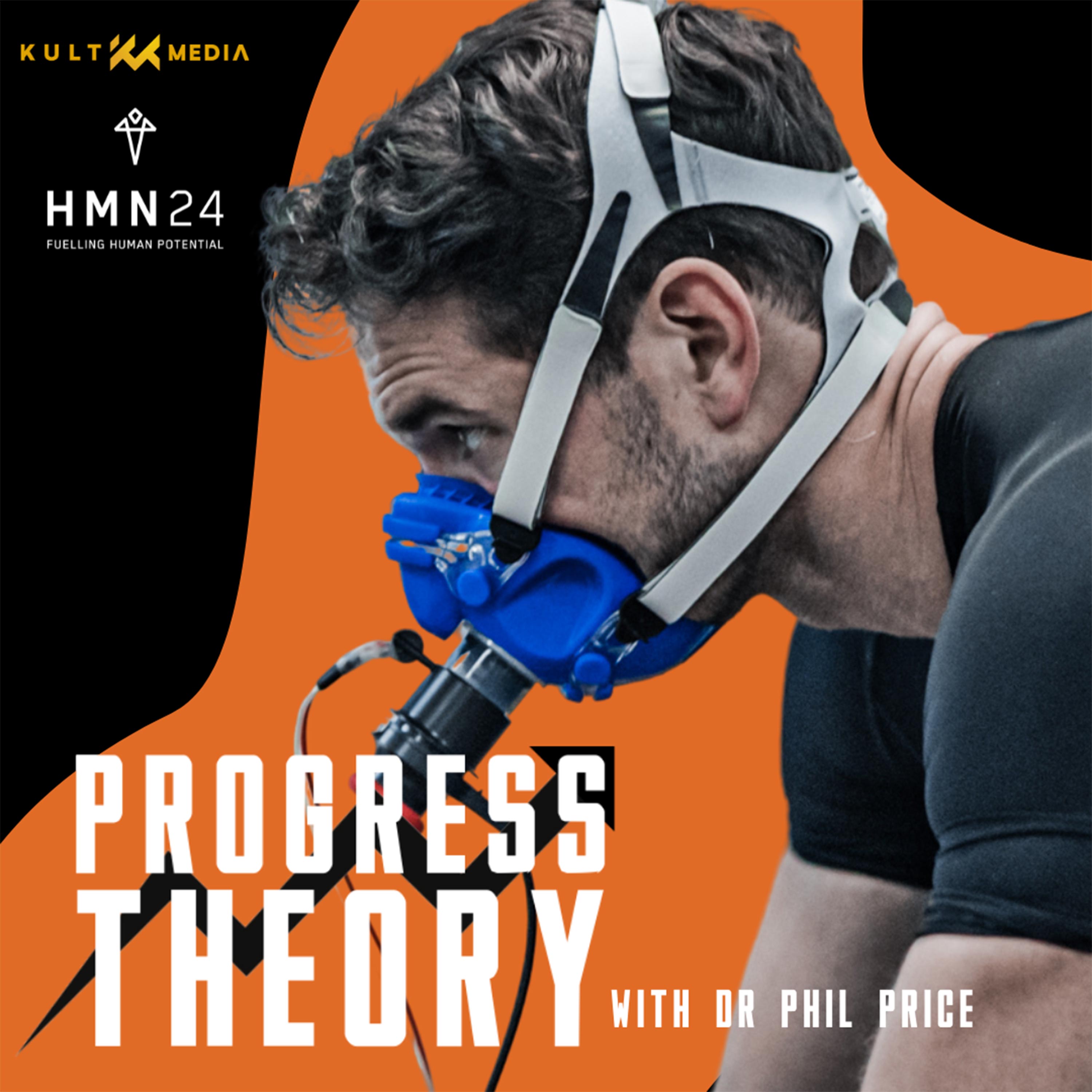The Molecular Physiology Of Hybrid Training - Professor Keith Baar
Hello and welcome to The Progress Theory where we discuss how to implement scientific principles to optimise human performance. In this episode we have Dr Keith Baar, Professor of Molecular exercise physiology at the University of California.
But before we get to the show I want to thank our sponsors, who the show would not be possible without.
I want to take a moment to express my gratitude to my production partner, KULT Media.
KULT Media has been instrumental in the development & success of the progress theory.
They have created brand guides, comprehensive podcast strategies, enhanced the podcast production, developed custom workflows for me and edited & mixed all of the video, audio and social media content.
Their simple Coach, Create & Collaborate process has saved me 100’s hours in podcast production, resolved countless technical issues and consistently help me to improve my podcasting game.
So if you want to establish and engage your audience, or are ready to launch your own podcast head to www.kult.media to learn more.
Thank you to HMN24 – fuelling human potential and optimising everyday human performance and well-being.
First of all – HMN24 is not a sports supplement company. I’ve seen sport supplements be used as a method to improve performance in the gym and at a certain sport. However, these supplements, like a pre-workout, are often used on top of a lifestyle which does not provide the foundation needed for optimal performance. There’s no point taking pre-workout supplements if your sleep, hydration, and nutrition is an unstructured mess. I’m convinced that a large percentage of injuries are often caused, not because training was poor, but because a poor lifestyle foundation increased the athlete’s susceptibility to injury. Sports supplements are often used to plaster the cracks in poor lifestyle habits, which only causes more future problems.
And this is where HMN24 is different. The product range at HMN24 not only helps improve your foundation; it optimises it. The HMN24 products are designed to fit around your circadian rhythms, from the moment you wake up, to key moments in the day when you need optimal focus, to getting the best sleep at night, there’s a product to optimise each phase of the day.
I can’t recommend enough the “live on form’ pack, consisting of the products Rise, flow and pre-sleep. Rise is for the morning and is my absolute favourite. It tastes amazing. Rise contains caffeine for increased morning alertness (though not a huge amount of caffeine, which is sooo much better for avoiding gastro-intestinal distress), electrolytes from coconut and watermelon powder to increase hydration after the previous night’s sleep, and B-vitamins, to ensure you ready to win the morning. I’m not a fan of long-winded morning routines. I wake up, have my Rise with ice, and get straight to writing, and I’ve seen such an improvement in getting into deep work.
By the time 2pm comes around the effects of caffeine from Rise has worn off, but I don’t want to take more caffeine because that’s going to interrupt getting to sleep later on. This is where Flow is perfect. It’s a caffeine-free nootropic, perfect for improving alertness and concentration during that mid-afternoon slump. And finally, I take pre-sleep just before bed, which is a comprehensive night-time complex, formulated to help support well-being and fortify the body against the fatigue and stress that come with leading a performance-driven lifestyle.
I can’t recommend these products enough they are a game changer for human performance. And also, while you’re at their website hmn24.com check out there plant protein, which is incredible for smoothies post-training, and their website includes articles and an awesome podcast for those wanting to learn more about human performance. You can even check out the episode I did with them, I thoroughly enjoyed that chat I had with Phi Learney, Co-founder of HMN24, and it has led to an awesome collaboration with HMN24 supporting The Progress Theory. If you want a 10% discount on all HMN24 products either head to their website via the links in the Instagram bios of @theProgresstheory or my personal Instagram @drphilprice or use the code PHILPRICE at checkout.
One of the mechanisms for the interference effect when hybrid training is molecular signalling theory. When activated by endurance exercise the AMPK pathway may inhibit the mTOR pathway, inhibiting strength and hypertrophy adaptations. But what does this all mean? In this episode, Professor Baar and Dr Phil Price discuss how these molecular pathways get activated, why endurance training might inhibit strength training adaptations, and how we can change our programming to reduce this.
In this episode, we discuss:
- 1:14 - Introduction
- 6:03 - What is mTORC1 and AMPK?
- 10:43 - Factors which activate mTORC1 and AMPK
- 14:55 - The importance of leucine
- 18:35 - How long mTORC1 and AMPK stay activated poster exercise
- 21:53 - Molecular breaks
- 25:08 - Difference between rats and human studies on concurrent training
- 31:23 - Untrained vs trained
- 36:48 - Practical recommendations for hybrid athletes
FOLLOW OUR PODCAST
Follow our Host / Guest
Explore these Resources or Items Mentioned in the Show
In this episode, we mentioned the following resources:
Other researchers
Professor William Apro
Professor Hickson’s first study
For all our other episodes and to get in touch, please visit www.theprogresstheory.com.
Thanks for listening!
All rights reserved. © The Progress Theory & KULT Media LTD 2025

